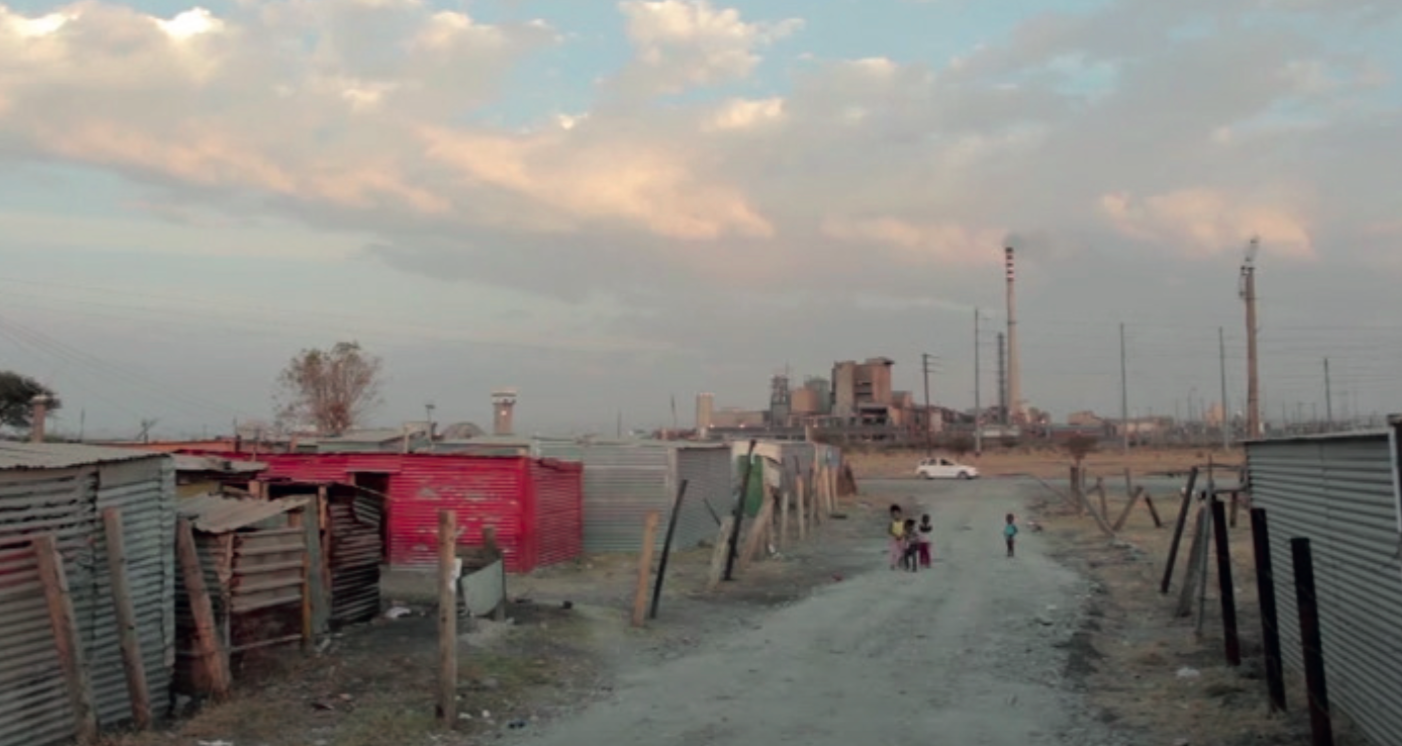Determining the effectiveness of the Social Plan and Labor Reports in South Africa
ESCR-Net member, the Centre for Applied Legal Studies (CALS), published a report investigating whether social and labor plans from mine extracting different minerals in areas around South Africa works effectively. The report gives background to the legacy of mining in South Africa as one of stark disparity between mine workers and communities on one hand, and mining management, financiers and shareholders on the other. Social and labor plans (SLPs) are one of the corrective measures provided for in South African legislation to address this legacy. SLPs are comprehensive plans to promote socio-economic growth, development and employment opportunities for previously disadvantaged South African and the communities where mining take place.
The report explores the mounting evidence of the disjuncture between the lofty promises contained in SLPs and the lived realities of mine-affected communities who do not see the promised benefits of mining development materializing. SLPs do not appear to cater for actual community needs, a sentiment that is echoed by mining communities throughout South Africa.
The report is aimed at uncovering any failures of design and implementation, with the ultimate goal of suggesting measures to address these failures. The report is informed by the a comprehensive analysis of 50 SLPs. The report consists of an identification of the overarching strengths and weaknesses contained in the 50 SLPs assessed, followed by an analysis of the features of the regulatory system which partially account for these trends.

This assessment revealed a number of important findings:
- SLPs often contained vague and incomplete information on the background and context of the mining operations and their impacts on affected communities
- SLPs frequently failed to explain the nature and extent of the operation’s impact and, in particular, very few SLPs addressed negative impacts at all.
- There was a near-universal absence of acknowledgment of, and engagement with, the disparate impacts of mining on the lines of race, gender and socio-economic status.
- A large number of SLPs were incomplete lacking signed undertakings, targets and timeframes.
- The vast majorities of SLPs made no mention of processes of consultation with communities affected by mining and were not based on the needs of these communities.
- The majority of SLPs provided no clear mechanisms for local communities can hold companies accountable to their obligations in terms of their SLPs.
The report closes with a number of critical recommendations on how the current challenges inherent in the SLP system can be addressed through targeted legislative and policy interventions. These include greater specificity and standardization of the content included in SLPs, that the regulatory system should be amended to expressly provide for inclusive and transparent processes for worker and community participation throughout the life cycle of SLPs, and a need for meaningful participatory mechanisms and more effective accountability mechanisms to enable communities and workers to hold mining companies to account.
To read this report in full, click here.
